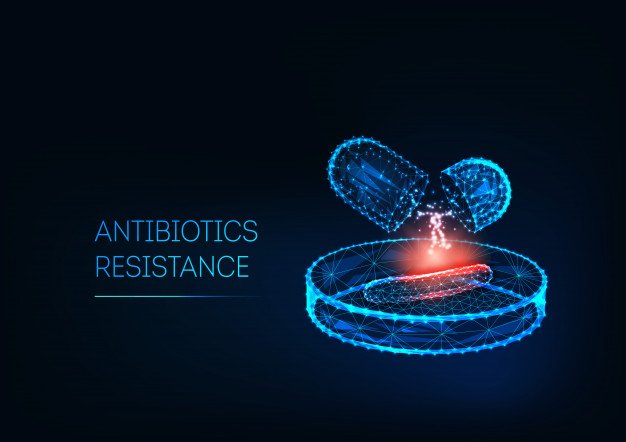
Photo Credit: Freepik
A team of scientists from the Agency for Science, Technology and Research’s (A*STAR) Genome Institute of Singapore (GIS) and the National University of Singapore (NUS) Yong Loo Lin School of Medicine has identified the microbial factors underlying the response of the gut microbiome to antibiotic treatment. The study discovered a small set of gut bacteria strongly linked to gut microbiome recovery after antibiotic treatment. This discovery is critical in mitigating the side-effects of antibiotic treatment and its associated long-term health consequences. Findings from this study were published in the June issue of Nature Ecology and Evolution.
Antibiotics are one of the most commonly used drugs in healthcare, with billions of doses consumed around the world every year. Several studies have shown that repeated consumption of antibiotics in different stages of life disrupts the normal microbiome in our bodies, and increases the risk for various diseases (eg. diabetes, obesity, atopic dermatitis). Yet despite the high consumption rate of antibiotics, the side effects of its usage and associated long-term health consequences have been understudied.
In this study, the team analyzed hundreds of gut microbiome profiles of patients from three different countries. They investigated why healthy bacterial communities in the gut recover better in some individuals after antibiotic treatment but remain disrupted for others.
Dr Niranjan Nagarajan, Associate Director and Group Leader at GIS, commented, “Our guts harbor billions of bacteria, forming an ecosystem that serves as an additional ‘organ’ for our body. This ecosystem is supported by what we eat, but can also be destroyed by the antibiotics that we consume. The impact of antibiotics on the gut microbiome is similar to how a forest fire wreaks havoc on its flora and fauna. The recovery of a forest’s ecosystem is dependent on its food-web relationships and the presence of certain key species. The same is also true for the gut microbial ecosystem.”
“Our study reports the first attempt to reconstruct a gut bacterial ‘food-web’ from microbiome data and has identified a small set of bacteria critical to its recovery post-antibiotic treatment. This discovery challenges a dogma in the field that recovery of the gut microbiome is primarily due to antibiotic resistance and repopulation. It presents a different perspective to existing studies, and provides a new paradigm for studying microbiome recovery,” added Dr Nagarajan.
Bacteria that promote recovery of the gut microbiome are enriched with enzymes that degrade a wide range of host and diet-derived carbohydrates. They serve as the primary producers (akin to plants in macro-ecology) of the gut ecosystem to harvest energy for other bacteria. Their presence rapidly re-establishes the gut microbial food-web after antibiotic treatment and boosts the recovery of a diverse, healthy microbial community.
Prof Patrick Tan, Executive Director of GIS, said, “The synergy between different types of gut bacteria that promote recovery is an exciting direction of research. It needs to be further explored to protect our bodies from the side-effects of antibiotic usage. The team is working on follow-up projects that aim to further characterize the mechanisms and synergies involved in gut microbiome recovery. In time, we hope to promote this recovery through the consumption of appropriate pre- and probiotics.”




